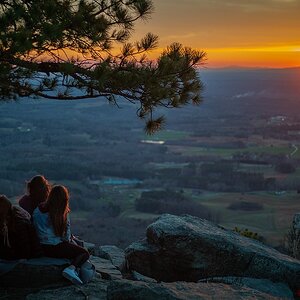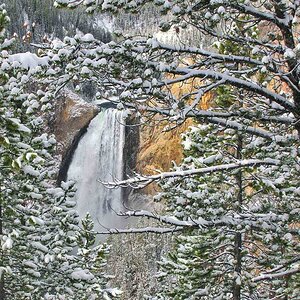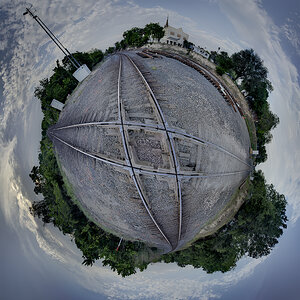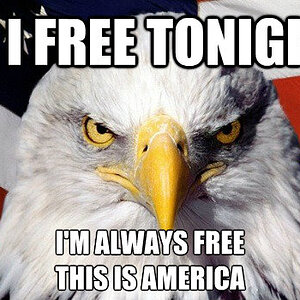Vladimir Estragon
TPF Noob!
- Joined
- Jul 18, 2003
- Messages
- 15
- Reaction score
- 0
I often drive around looking for decrepit buildings and industrial sites to photograph, and when I find something, I usually just go ahead and shoot it. Sometimes an owner will appear while I'm shooting and ask what I'm doing. I say hello nicely and ask if they mind if I take pictures. Most of the time, they don't mind, but a man yesterday said that he'd have preferred if I asked first.
So, my question to you all is, would you seek out someone and ask permission before you photograph their barn or whatever? Let's assume that you are not trespassing on their property, just shooting from the street, and the pictures are just for your own use, not for publication.
So, my question to you all is, would you seek out someone and ask permission before you photograph their barn or whatever? Let's assume that you are not trespassing on their property, just shooting from the street, and the pictures are just for your own use, not for publication.



![[No title]](/data/xfmg/thumbnail/30/30860-944669dcf33f1f20df14586c78ed2608.jpg?1619734480)
![[No title]](/data/xfmg/thumbnail/34/34145-b89ccc67a24004d6d7a9026a7395914b.jpg?1619736318)





![[No title]](/data/xfmg/thumbnail/39/39419-5d4fd8535ab4f6e01caa38b72bf396e0.jpg?1619739023)


![[No title]](/data/xfmg/thumbnail/30/30864-50861ef77d7fa163bd5f5b5b8d661f5a.jpg?1619734483)